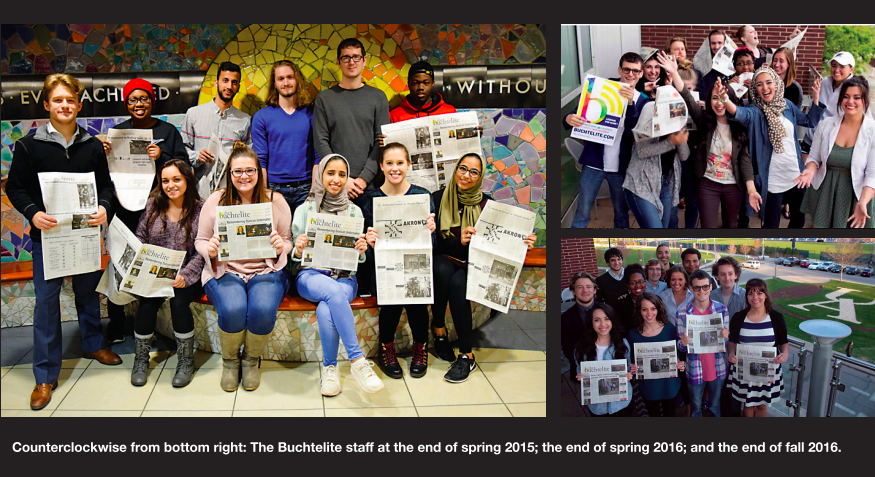“Recent proposed constitutional changes in Venezuela have provoked student protests. On Tuesday, university students led a demonstration in the capital, opposing the changes that included the potential for Chavez to face indefinite re-election, and to bypass legal restraints in a time of emergency.”
“
Recent proposed constitutional changes in Venezuela have provoked student protests.
On Tuesday, university students led a demonstration in the capital, opposing the changes that included the potential for Chavez to face indefinite re-election, and to bypass legal restraints in a time of emergency.
The changes are still under debate, and will be decided in a popular referendum later this year, but already they provoked thousands of protesters, who chant Reform no, democracy yes.
Amid the hurling of stones and bottles, the students were dispersed by police with tear gas.
For all that Hugo Chavez has set himself to public ly opposing America and the West recently, the central legacy of his presidency will lie on Venezuela. The series of socialist reforms touch the populace ambiguously, correcting past abuses while bringing increased centralization.
The long-term consequences of this remain uncertain. In foreign policy Chavez can be disruptive to U.S. interests and agendas, but he is not an existential threat.
Furthermore, much of the underlying opposition is born from a not unjustified anger against America for its past role in South America.
We have persistently interfered in the internal affairs of sovereign nations, setting the tone of Cuban politics before Castro, using the CIA to overthrow the elected ruler of Guatemala and imposing decades of right-wing terror in 1954, and persistently debasing human rights in the name of security interests.
Sept. 11 is not just the date of the al-Qaeda attack, it also stands as the time in 1973 when an American-trained and American-backed Chilean murdered President Allende and imposed a brutal despotism. That’s something we’ve never really come to grips with as a country.
For that challenge and forced recollection, Chavez is useful. However, his own internal dealings are worrisome, with increased control over the media, censorship, police brutality and now moves for extended executive power.
Chavez is no Pinochet, but he also does not appear to be an Allende.
It would be counter-productive for Venezuela to inherit a native dictator in opposition to standing U.S.-backed abusive dictators in the region.
For that, Americas can join with Venezuelan students and people globally in opposing Chavez – though, in this case, the marines should stay out.
“

